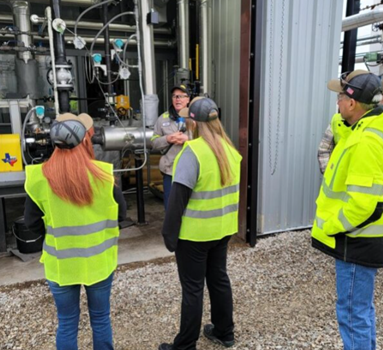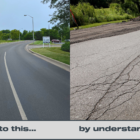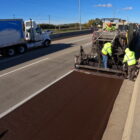Sustainability Champions Showcase Eco-Friendly Practices Across AMI Locations
Sustainability is crucial for preserving our planet and natural resources. By building a sustainable future, we can reduce pollution and protect our people, planet and communities. That is why at Asphalt Materials, Inc. we promote sustainable practices at all our locations in the Midwest. At each of our locations, there is a sustainability champion who leads sustainability initiatives and educates employees on sustainable practices. Several champions have shared their current sustainable actions within their respective locations.













Recent Comments